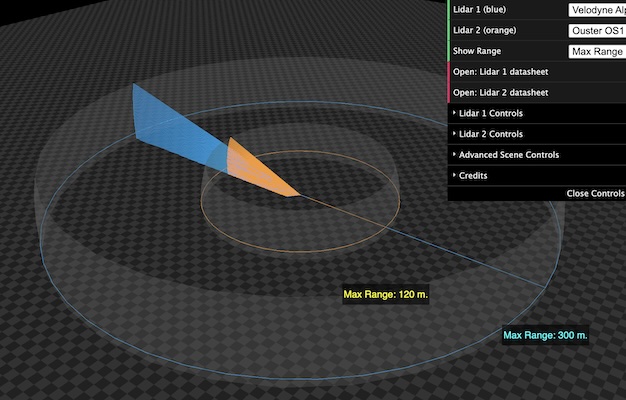▌ Introduction
Imagine a world where living cells become laboratories capable of independently creating and optimizing molecules for disease treatment. This is no longer science fiction, but a reality created by the PROTEUS system, developed by scientists from the University of Sydney and the Centenary Institute in Australia. PROTEUS, or PROTein Evolution Using Selection, is a platform that utilizes the principles of directed evolution to create new molecules within mammalian cells.
▌ What is PROTEUS?
PROTEUS is a biological artificial intelligence that accelerates the process of creating and optimizing molecules, such as proteins, for use in medicine and gene therapy. Unlike traditional methods, which can take months or years, PROTEUS allows for the evolution of molecules in just a few weeks.
▌ How Does PROTEUS Work?
The PROTEUS system is based on the method of directed evolution, which resembles natural selection but is conducted in a laboratory setting. This process involves three main stages:
1. Generation of Diversity: Virus-like particles deliver a gene and randomly mutate it into hundreds of variants.
2. Selection: The cell evaluates which protein activates the desired signal most effectively and "rewards" the winner with a replication signal.
3. Amplification: The selected genes are mutated again and undergo a new cycle.
This process is repeated multiple times, allowing the system to find optimal molecules for solving a given task.
▌ Why is This Important?
PROTEUS operates within mammalian cells, making its results more applicable to humans. This opens up vast possibilities for medicine, including:
- Improving proteins involved in disease fighting.
- Optimizing gene editing systems like CRISPR.
- Fine-tuning mRNA-based drugs.
- Designing molecules with fewer side effects.
▌ The Future of PROTEUS
Researchers have already demonstrated the practical value of PROTEUS by improving a protein responsible for gene activity regulation and developing nanobodies for detecting DNA damage. In the future, PROTEUS could become the foundation for developing new drugs and biomaterials, leading to a revolution in pharmaceuticals and synthetic biology.
Despite its promise, the technology sparks debate:
• Autonomy Ethics: If AI self-learns unpredictably, how can we ensure its safety?
• Machine "Instincts": Nature has raised concerns that biomorphic systems might develop an analogue of animal fear, influencing decisions (e.g., avoiding risky tasks).
▌ Conclusion
PROTEUS is not just a biological artificial intelligence; it is a step towards a future where living cells become laboratories capable of solving problems that would take humans years. This technology opens new horizons in medicine and biotechnology, promising more effective and safer treatment methods.
Philosophical Quandary: Are we becoming creators of life... or merely replaying evolution in silicon?
P.S. Fun fact: The name "Proteus" nods not just to the shape-shifting Greek god but also to a bacterium that alters its form—a subtle hint at the system’s adaptability.


















